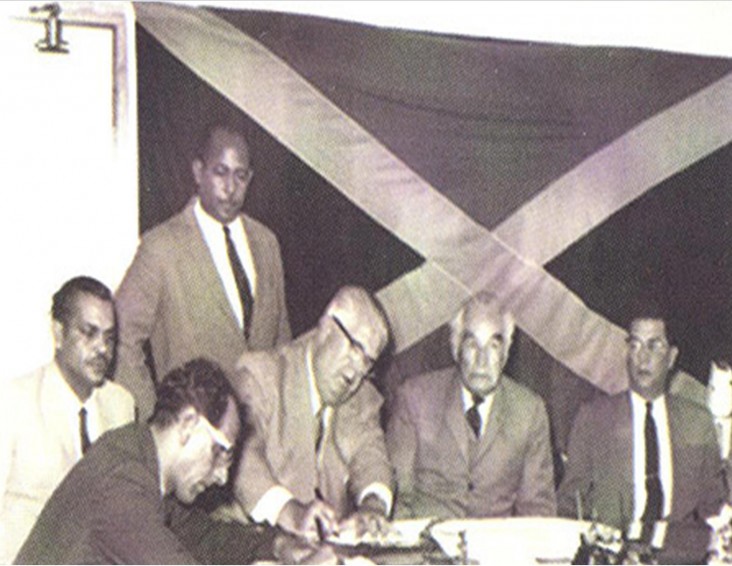
USAID has worked in Jamaica since 1962, the same year the country achieved independence. Historically, U.S. assistance priorities in Jamaica have focused on promoting greater transparency and good governance practices; fostering Jamaican participation in regional security; strengthening basic education; reducing the prevalence of HIV/AIDS; promoting economic prosperity; and decreasing vulnerability to climate change. In addition to direct foreign aid, USAID implements programs in Jamaica under two regional mechanisms: the Caribbean Basin Security Initiative (CBSI) and the President’s Emergency Plan for AIDS Relief (PEPFAR).
Since the early 1970s, USAID has supported loans and grants to Jamaica, primarily focused on policy reform, trade facilitation, and microenterprise development.
USAID has been instrumental in the establishment of institutions such as:
1. The Jamaica Agricultural Development Foundation,
2. The Fair Trading Commission,
3. The National Development Foundation of Jamaica,
4. The College of Agriculture, Science, and Education,
5. The Mona Institute of Business, and
6. The Institute of Management and Production.
USAID also helped establish Jamaica’s first private development bank (Trafalgar Development Bank) to promote and assist privately-owned businesses. USAID also provided critical technical assistance that facilitated the consolidation of three former tax departments into the new Tax Administration Jamaica.
Over one million Jamaican students, from early childhood to tertiary levels, have benefited from the implementation of innovative education programs by USAID. Major projects have included: the establishment of the Mona School of Business and collaborating with UNICEF on its Transitions to Primary School project; the New Horizons for Primary Schools project; the Expanding Educational Horizons project; the Uplifting Adolescents Project; the Caribbean Center for Excellence in Teacher Training; and the USAID/Jamaica Basic Education Project.
USAID’s commitment to citizen safety and security began in 2001 with investments to inner city communities focused on creating safe environments where economic opportunities could prosper. USAID partnered with the Kingston Restoration Company to increase employment and entrepreneurship opportunities, and improve the communities’ capacity for conflict resolution. In the same communities where economic investments were occurring, USAID partnered with the Jamaica Constabulary Force to implement community policing as a type of law enforcement.
In addition, USAID has worked and continues to work with a number of stakeholders to promote entrepreneurship and workforce readiness for at-risk youth, create linkages in various export markets, and provide access to finance for micro, small, and medium enterprises. USAID has a number of Public-Private Partnerships (PPPs) with Jamaican entities to provide assistance in working towards important development goals.
USAID remains dedicated to creating a secure and prosperous future for Jamaica.








Comment
Make a general inquiry or suggest an improvement.